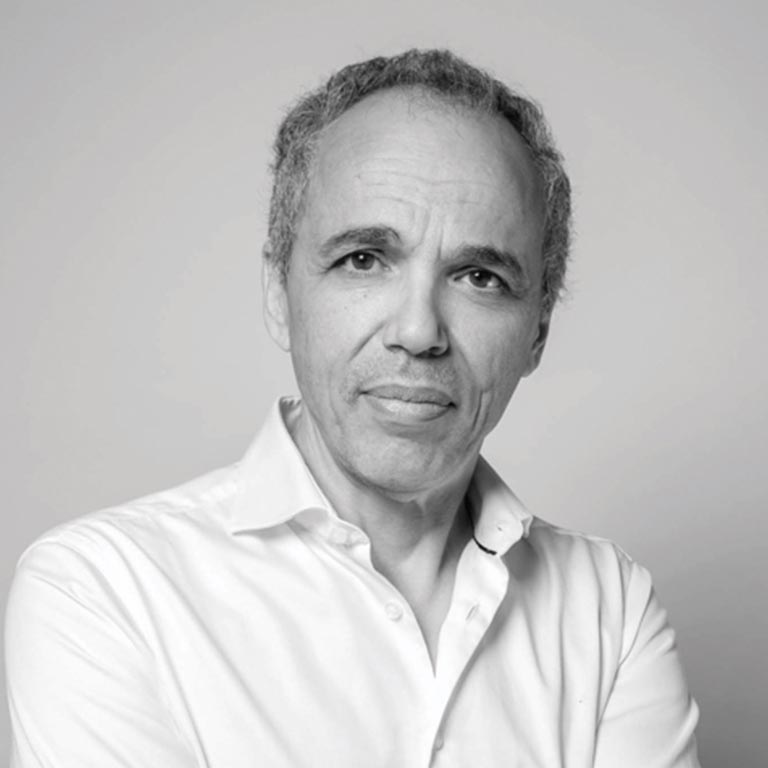We Hear That We May Speak: Learning to Do Criticism Poetically
What characterizes poetic criticism? In We Hear That We May Speak, Michel Chaouli tells us that he believes four traits are necessary: “First, a true encounter with literature—with any art—does not begin with a theory, a method, or a critical posture, but from a place of vulnerability. I must expose myself to the force of the text, open myself to its effects, if it is to have meaning for me. That is because, second, the meaning of a text reveals itself only when the very consistency of my self is changed, and changed in ways that exceed me. To be able to encounter a text in the most emphatic way, I cannot remain who I was. Third, the change that I undergo, a change whose full scope eludes me, is one in which I give up my personal characteristics, lending voice to what is impersonal in me. Achieving this impersonality is difficult; it requires work and discipline. And fourth, the index of this impersonal voice that speaks from a place of vulnerability, a voice that is mine yet not fully so, is the urgency with which it speaks. The truth of the humanities is therefore not propositional, not critical, not historical, but above all poetic.”
Michel Chaouli is Professor of Germanic Studies and Director of the Center for Theoretical Inquiry in the Humanities. Author of two monographs—most recently Thinking with Kant’s Critique of Judgment —and many articles, Chaouli also serves as Einstein Visiting Fellow through 2020 at the Freie Universität Berlin.

 The College of Arts
The College of Arts